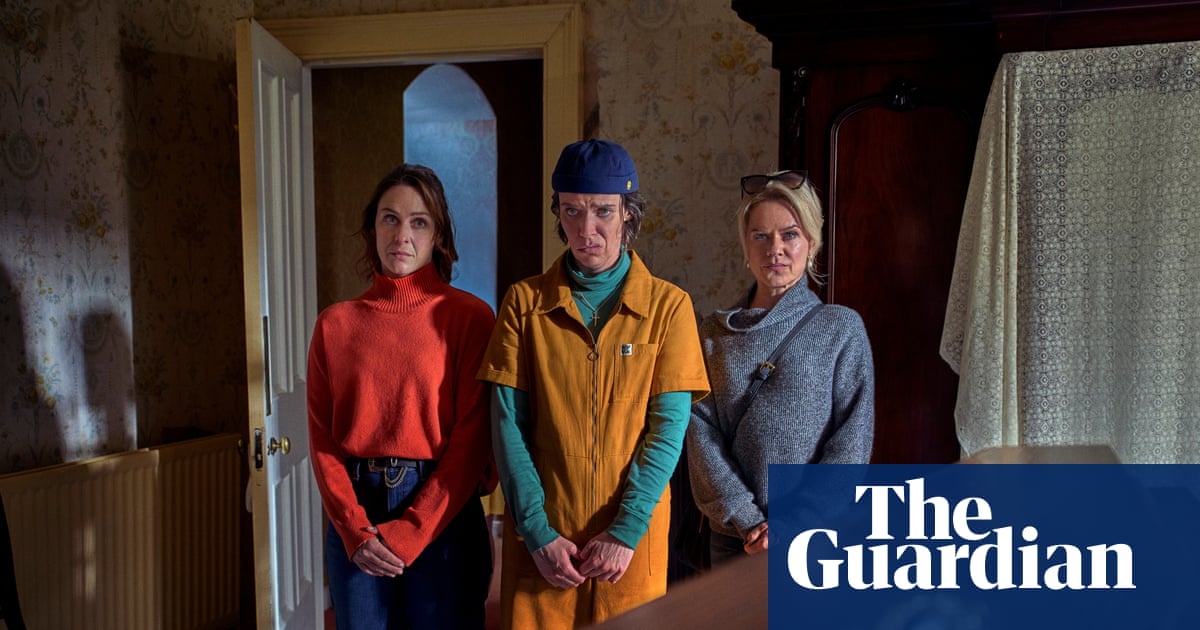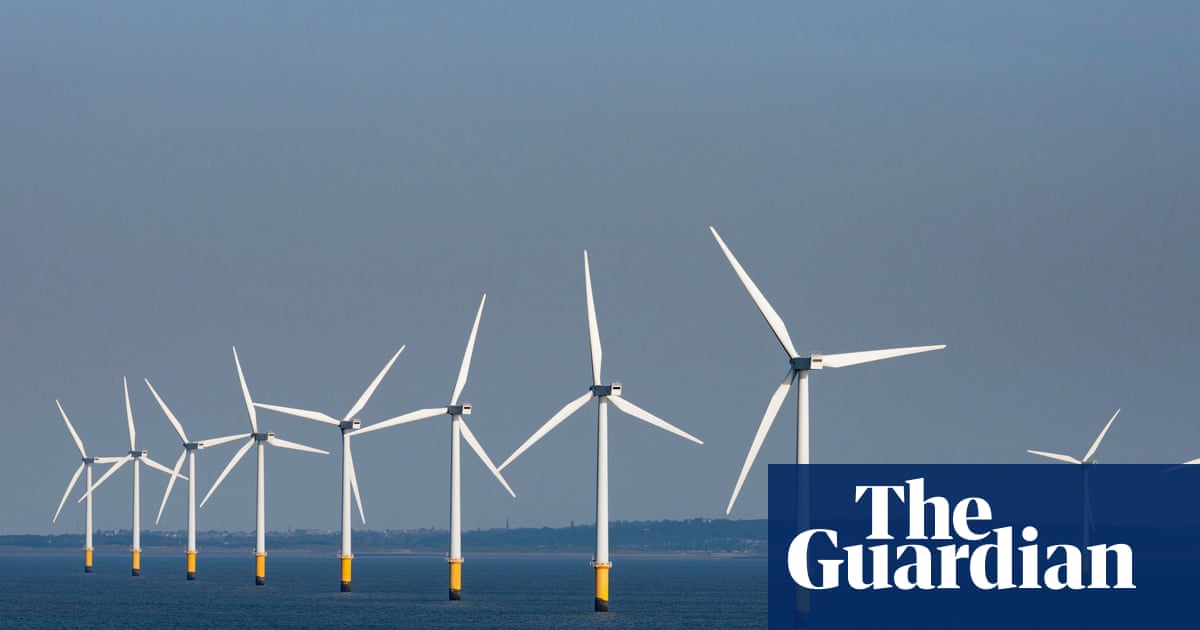Volodymyr Zelenskyy has moved to contain growing public outrage in Ukraine over a corruption scandal in the energy sector by firing two ministers who are accused of involvement in a large-scale bribery scheme.
Ukraine’s president said the pair – justice minister Herman Halushchenko and energy minister Svitlana Grynchuk – could no longer remain in their jobs. He also called for personal sanctions against his friend and former business partner Timur Mindich, the scheme’s alleged organiser.
Acknowledging popular anger, Zelenskyy said: “There must be maximum integrity in the energy sector, in absolutely all processes. I support every investigation carried out by law enforcement and anti-corruption officials. This is an absolutely clear and consistent position for everyone.”
Promising accountability for those who break the law, he added: “Right now, it is extremely difficult for everyone in Ukraine – enduring power outages, Russian strikes and losses. It is absolutely unacceptable that, amid all this, there are also some [corruption] schemes in the energy sector.”
The affair is turning into a major political crisis for the president. Anti-corruption activists, opposition politicians and army veterans have urged Zelenskyy to take decisive action, even if that means the painful sacking and jailing of people who are personally known to him.
It follows a 15-month investigation by Ukraine’s national anti-corruption bureau (Nabu) into the nuclear state energy company Energoatom. The chief suspect, Mindich, is a businessman who co-founded Kvartal 95, Zelenskyy’s media production company.
Mindich reportedly fled abroad, possibly to Israel, hours before investigators arrived at his Kyiv apartment to carry out a search. He was previously close to Zelenskyy, although sources say they have had little communication since Russia’s full-scale invasion.
Nabu named Mindich as one of seven suspects involved in a $100m corruption scheme. Under this scheme, Energoatom’s counterparties were forced to pay kickbacks of 10-15%, in order to avoid having payments for services blocked or losing their supplier status, the bureau said.
Grynchuk and Haluschenko submitted their resignations on Wednesday. Both denied wrongdoing. The justice minister said his suspension from office was “appropriate” and vowed to defend himself, after one of his former advisers was directly implicated in the scandal.
Earlier this week, Nabu released audio recordings of the alleged participants discussing bribes and using old-school code names. Haluschenko – Ukraine’s former energy minister – is given the moniker “Professor”. Mindich was referred to as “Karlson”.
Another high profile suspect is Oleksiy Chernyshov, a former deputy prime minister already charged with abuse of office in a separate case. In a recording released on Tuesday, Chernyshov can allegedly be heard discussing a half a million dollar cash payment, to be collected by his wife.
Oleksandr Abakumov, the head of Nabu’s investigating team, said the scale of corruption was huge. “This isn’t a story about corruption in Ukraine. It’s about how the country is struggling with corruption, fighting with corruption,” he said, admitting that the agency’s probe – dubbed operation Midas – had “faced a lot of obstacles”.
Sevgil Musaieva, the editor of the Ukrainian Truth newspaper, which has extensively covered the revelations, said the affair risked becoming a turning point in Zelenskyy’s presidency. “In the short term, people need to see real accountability and action, not words,” she wrote on social media.
She added: “Now, more than ever, the Ukrainian leadership has to prove that it reads the mood of the population well and acts accordingly. Minor changes here and there will no longer be enough to bridge the gulf of distrust.”
In July Zelenskyy approved a contentious bill that weakened the powers of Nabu and the specialised anti-corruption prosecutor’s office. It is unclear if the move was linked in any way to the Mindich case, but it quickly triggered the first serious protests against his government.
Several thousand demonstrators gathered outside the president’s office in Kyiv. They waved banners and shouted slogans including “shame” and “veto the law”, after parliament approved the measure. Zelenskyy backed down in the face of opposition and passed new legislation restoring the agencies’ independence.
The same month, Ukraine’s security service arrested a prominent Nabu detective, Ruslan Magamedrasulov. He was charged with doing business with Russia and aiding an aggressor state. Magamedrasulov appeared before the appeal court in Kyiv on Wednesday, with his case adjourned. He remains in custody.
The detective’s lawyer, Olena Scherban, said her client had been closely involved in the Energoatom investigation. “We believe this is a political case and political imprisonment,” she said.

 2 months ago
109
2 months ago
109

















































